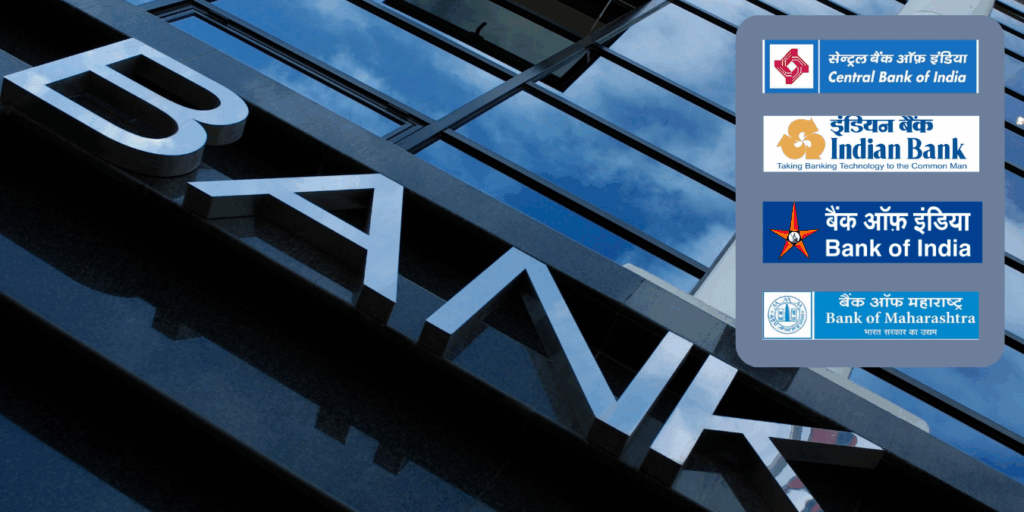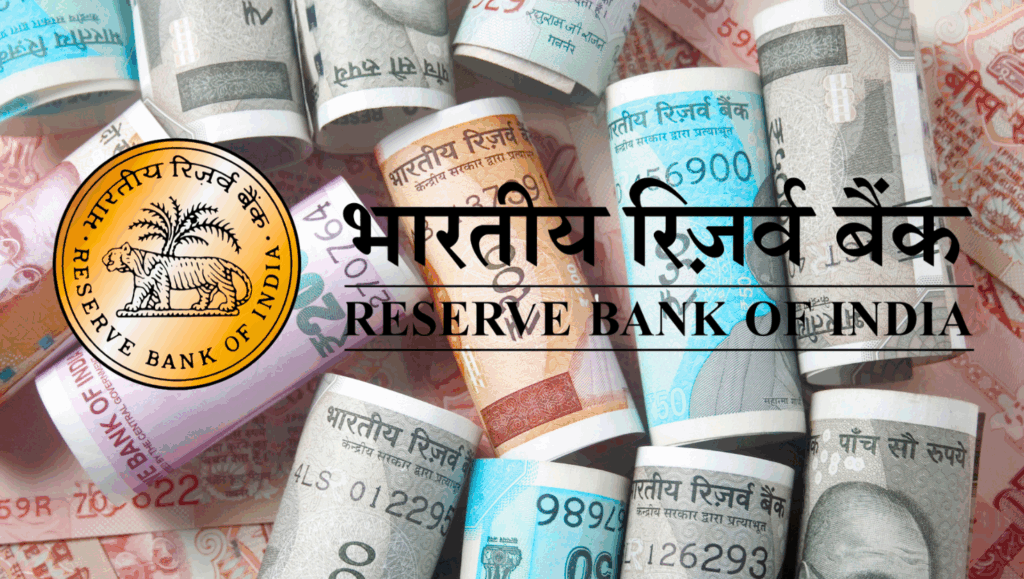
How India’s ₹68 Crore Scam Changed Corporate Laws in 2025—But One Secret Is Still Unsolved
Beneath the headlines, a ₹68 crore bank guarantee triggers India’s most shocking money laundering probe of 2025. What secret move led to Reliance Power’s CFO arrest? Unravel stunning twists, digital deceptions, and a hidden player changing everything—discover what everyone’s missing before the next revelation drops.
The arrest of Reliance Power CFO Ashok Pal is sending shockwaves across India’s corporate corridors, sparking questions about the hidden world of high-stakes financial crime. What really triggered this “Shocking” raid by the Enforcement Directorate (ED)? What secrets lie beneath the surface of this “Future”-shaping investigation?
How India’s Biggest Money Laundering Case Unfolded
On October 10–11, 2025, headlines blazed with the news: the Enforcement Directorate arrested Ashok Pal, Reliance Power’s Chief Financial Officer and a close aide to Anil Ambani, for his alleged role in one of India’s “Smart” corporate frauds. The case centers on a fake bank guarantee worth ₹68 crore, submitted to a government solar energy project. But beneath these facts lies a sprawling web of intrigue, technology, and emotional stakes.
The Anatomy of a “Secret” Corporate Scandal
Who Is Ashok Pal?
Ashok Pal isn’t just a finance boss—he’s been the architect behind the scenes at Reliance Power for over seven years, promoted to CFO in January 2023. His ascent mirrored the group’s ambitions in India’s booming energy sector, making his sudden arrest a “Hidden” plot twist for investors and employees.
Key Players & Allegations
- Reliance Power Limited (RPL): Major player in India’s energy landscape, now fighting to protect its reputation.
- Ashok Pal: Accused of masterminding the submission of fake documents for a ₹68.2 crore bank guarantee.
- Biswal Tradelink Pvt Ltd: Odisha-based company, alleged to be central to the fraud, arranging fake bank guarantees for big business groups, with its MD arrested earlier.
How the Fake Guarantee Was Exposed
The guarantee, meant for Solar Energy Corporation of India (SECI), was allegedly issued under the name of “FirstRand Bank, Manila”—except this bank doesn’t even operate in the Philippines, exposing a blatant attempt to game the system.
Trending: Money Laundering’s New ‘Tech’ Face
This isn’t just a story about forged paperwork. Investigators allege the scheme involved using Telegram, WhatsApp, and other digital shortcuts to approve releases and shuffle company documents. This “Quick” tactic allowed fraud to scale up rapidly—an emerging trend in modern financial crime.
Real-World Ripple Effects
- Reliance Power’s market reputation nosedived, with investors fearing wider exposure.
- Regulatory agencies rushed to new digital policing models after ED searches across multiple cities, including Mumbai, Kolkata, and Bhubaneswar.
- Anil Ambani’s name resurfaced, even though he resigned from the board years ago—raising questions about “Legacy” risks.
Deep Dive: What Makes India Vulnerable?
Loopholes in Bank Guarantee Systems
India’s vast infrastructure and energy projects rely heavily on bank guarantees for bidding and financing. Loopholes in verification, vendor diligence, and digital documentation make it easier for “Smart” fraudsters to exploit the system, especially when onboarding unknown entities like Biswal Tradelink.
Regulatory Response: The ED’s New Playbook
Since the crackdown on Yes Bank’s loan scams and growing cases of ‘loan evergreening,’ regulatory agencies have upgraded surveillance. The ED used advanced analytics and tech-toolkits to chase digital trails across chat apps and encrypted emails, marking a “Future” shift in financial oversight.
India’s Money Laundering Landscape: 2025 Context
Money laundering isn’t just a corporate issue—it's a societal risk. Experts now classify sophisticated scams as “Smart” crimes, leveraging tech and international financial networks.
Major Money Laundering Cases (2025)
| Case | Amount (₹ Crore) | Key Player | Modus Operandi | Status |
| Reliance Power | 68 | Ashok Pal, Biswal Tradelink | Fake guarantee | ED custody |
| Yes Bank Scam | 3,000+ | Bank promoters | Loan diversion | Under probe |
| RCom Diverted Loans | 14,000+ | Reliance Communications | Shell companies | Under probe |
Why This Story Matters
- Shocking Betrayal: The case involves an executive trusted for years, suddenly being exposed as the alleged architect of fraud.
- Hidden Impacts: Thousands of employees, shareholders, and even government agencies left wondering about unseen vulnerabilities.
- Future Lessons: The importance of “Smart” compliance—where corporate diligence goes digital.
The Investigation: Timeline of Events
- August 2025: ED raids in Mumbai, Bhubaneswar, Kolkata; arrest of Biswal Tradelink’s MD.
- September 2025: Reliance Power files criminal complaints, tries to distance itself from third-party fraud.
- October 2025: ED arrests Ashok Pal after all-night questioning in Delhi; court grants two-day custody for deeper probe.
Corporate India Reacts: Practical Takeaways
For CFOs and Finance Leaders
- Always audit vendor records—avoid unknown entities with poor histories.
- Use independent checks for bank guarantees, especially in high-value deals.
- Embrace digital security for approvals, but never compromise on statutory documentation.
For Investors
- Watch for “Hidden” red flags in board changes and sudden resignations.
- Seek transparency; don’t rely solely on headline statements by companies in scandal.
For the Industry
- Push for stronger inter-agency coordination (ED, CBI, SEBI) in financial crime investigations.
- Adopt “Future” technologies — AI-powered compliance and fraud detection — to beat ever-evolving scams.
Shocking Realities: Wider Implications for India
- Corporate fraud now often involves cross-border tactics, shell companies, and digital documentation—issues only previously seen in global financial capitals now surfacing at home.
- The reputational risk for big groups like Reliance can outlast the financial penalties, impacting ability to bid for major government contracts.
India's Money Laundering Case Decoded
- Reliance Power’s CFO Ashok Pal arrested for allegedly masterminding a ₹68 crore fake guarantee fraud.
- Scheme used digital apps, cross-border bank names, and forged documents, exposing loopholes in India's corporate systems.
- Odisha-based Biswal Tradelink played “Secret” middleman; MD arrested in August 2025 as part of ED crackdown.
- Cybercrime meets classic fraud: investigators uncover approvals via messaging apps and digital releases.
- Anil Ambani group companies under broader scrutiny, though Ambani himself not directly linked to this case.
- Regulatory agencies are taking a “Smart” and tech-driven approach to money laundering, setting new precedents for oversight.
What’s Next? Future of Corporate Compliance
In the “Future,” Indian companies will need ironclad processes—audits, digital monitoring, independent confirmatory checks—so they can close loopholes before fraud escalates. The era of manual paperwork and unchecked board powers is ending. Scandals like these are a “Warning,” but also a big opportunity: innovation in fraud prevention now equals higher business trust.
Final Thought
A high-ranking CFO from one of India’s flagship firms arrested, charges swirling around fake documents, cross-border scams, and shady digital approvals—this isn’t just financial news; it’s the new face of “Smart” corporate danger. As the ED’s probe deepens, more secrets threaten to spill, and the line between victim and mastermind could get “Hidden.” What shocking revelations will Monday’s court hearing bring, and could “Fake” guarantees be just the tip of a much larger iceberg? For every investor, executive, and policy-maker watching the Reliance Power saga, one question looms large: who truly profits from India’s most daring financial frauds, and which “Future” safeguards will shield the next generation of companies from disaster? Stay tuned—because the answer might shape how India's elite and regulators fight the Secret wars in corporate finance for years to come.
Disclaimer: The use of any third-party business logos in this content is for informational purposes only and does not imply endorsement or affiliation. All logos are the property of their respective owners, and their use complies with fair use guidelines. For official information, refer to the respective company’s website.

































